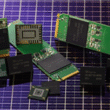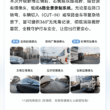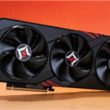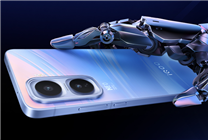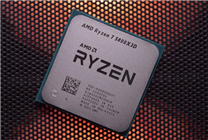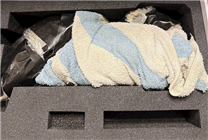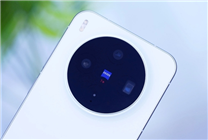Summary
- BOE and Samsung Display have resolved their intellectual property dispute, leading to the withdrawal of related litigation.
- The settlement follows a series of lawsuits about OLED technology patents and trade secrets initiated by Samsung against BOE.
- Both companies have engaged in extensive negotiations regarding licensing fees, ultimately reaching a compromise.
BOE and Samsung Display Settle Intellectual Property Dispute
On November 19, BOE announced a significant development in its ongoing intellectual property conflict with Samsung Display. The two industry giants have reached a settlement regarding various disputes in the display sector, including pending litigation under the U.S. Section 337 investigation. This resolution marks a pivotal moment for both parties, allowing them to move forward without further legal entanglements.
The background of this dispute dates back to December 2022 when Samsung Display filed a patent infringement lawsuit against BOE with the U.S. International Trade Commission (ITC). The lawsuit accused BOE of infringing on patents and trade secrets related to OLED technology. The situation escalated in October of the following year when Samsung accused BOE of further trade secret violations.
Originally, a final ruling on the trade secret infringement case was slated for announcement on November 17. However, the ITC opted to suspend proceedings instead. This unexpected pause reflects an ongoing trend wherein both parties have sought resolutions outside of the courtroom, having previously settled numerous patent and trade related disputes in both the United States and China.
During the course of these legal battles, BOE and Samsung Display were not merely adversaries; they actively engaged in patent negotiations, which eventually opened the door to a comprehensive settlement agreement. The discussions were complex and centered around licensing fees. Initial proposals varied dramatically: Samsung Display sought a licensing fee of around 2 trillion won (approximately 4.85 billion yuan), while BOE countered with a considerably lower figure of 500 billion won. After deliberation, the two companies arrived at a compromise fee of approximately 1 trillion won.
A Samsung Display source confirmed that the particulars of the settlement remain confidential and have not been disclosed publicly. This agreement signals a strategic pivot for both Samsung Display and BOE, aiming to foster collaboration rather than contention in the increasingly competitive display market.
The resolution of this dispute underscores the ongoing challenges and intricacies within the tech industry, especially as companies navigate the complex landscape of intellectual property rights. For BOE and Samsung Display, this settlement not only alleviates the immediate legal pressures but also potentially paves the way for future partnerships and innovations in OLED technology.
While some industry analysts may view the financial terms of the settlement as pivotal, the broader implications could be even more significant. This outcome offers a chance for both companies to refocus their energies and resources towards research and development, advancing their positions in the rapidly evolving display technology arena.
Going forward, industry watchers will be keen to observe how this settlement affects both companies’ market strategies and their competitive dynamics within the OLED sector. This agreement serves as a reminder of the delicate balance between legal rivalry and collaborative opportunities in the tech landscape, highlighting the importance of proactive negotiation in resolving disputes.
In conclusion, the settlement between BOE and Samsung Display represents a notable transition from litigation to cooperation. As these two major players in the display market work together, the industry may anticipate new advancements and innovations that stem from their combined expertise and resources. Moving past the litigation phase, both companies now have the opportunity to leverage their strengths to meet the growing demands of consumers worldwide.


